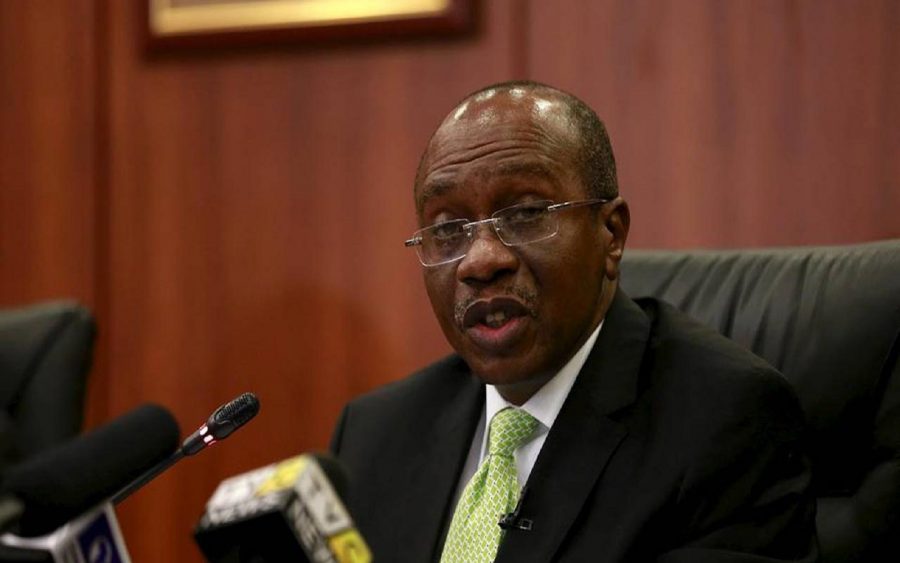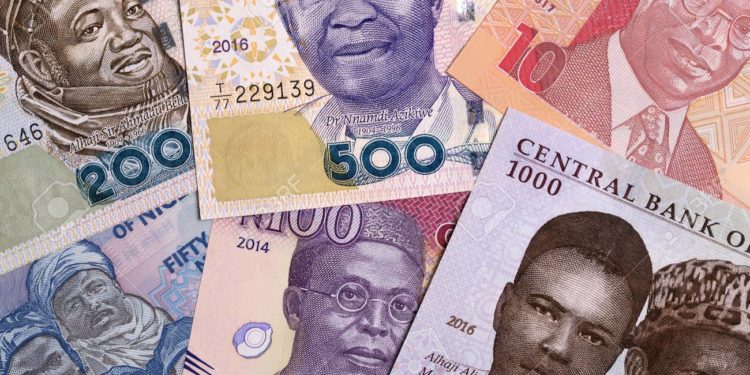Governor of the Central Bank of Nigeria (CBN) Mr Godwin Emefiele, has disclosed that Nigeria loses over N790 billion ($2.2 billion) to the smuggling of textile goods annually.
Mr. Emefiele stated this today during the official flag off of the distribution of seeds and other inputs to cotton farmers in Katsina state for the 2019 planting season, under the auspices of the National Cotton Association of Nigeria.
130 firms collapsed in Nigeria’s Textile Industry: During the event in Katsina State, Mr Emefiele stated that no fewer than 130 textile companies have died in the country in recent times due to some constraints.
“Textile industries used to be the largest employers of labour in Nigeria after the public service but due to certain constraints, such as smuggling, dumping, lack of access to finance and issue bordering on power, over 130 textile companies have so far perished.’’
Furthermore, the apex bank Governor stressed that the ginners, spinners, and about one million farmers who were planting cotton as their source of livelihood also lost their jobs.
CBN to go tough on smugglers: Meanwhile, CBN went tough on smugglers of textile materials and their accomplices in Katsina, threatening to blacklist individuals, banks, and corporate bodies found to be encouraging the practice in any way.
Emefiele also announced that the apex bank is gathering data and investigating the accounts of individuals and corporate bodies’ currently involved or encouraging smuggling and dumping of textile materials into the country.
He further stated that the investigation would be extended to the 42 other items restricted from FOREX in Nigeria. Names of individuals and companies found wanting would be publicised, and blacklisted, he said.
Revitalising the Textile Industry – Meanwhile, Mr Emefiele described the launch as representing a milestone event being part of the measures the bank have embarked upon along with other stakeholders (including the Federal Ministry of Agriculture and Rural Development) towards the revival of Nigeria’s Cotton, Textiles and Garments industry.
“I believed that the Central Bank ought to play a more important role in supporting Nigeria’s economic development, given the constraints faced by rural farmers, SMES and Manufacturing companies. More importantly, we believe that CBN’s intervention which is aimed at import substitution will help in conserving scarce foreign exchange for Nigeria.”
He further maintained that President Muhammadu Buhari placed considerable emphasis on addressing impediments to the growth of Nigeria’s agricultural and manufacturing sectors, as both sectors represent over 52% of the country’s GDP.
“We must revitalise the textile industry to be the largest employer of labour, we feel that we will set the stage rolling, we must come to Katsina State which is the largest producer of cotton to begin a process.”






















